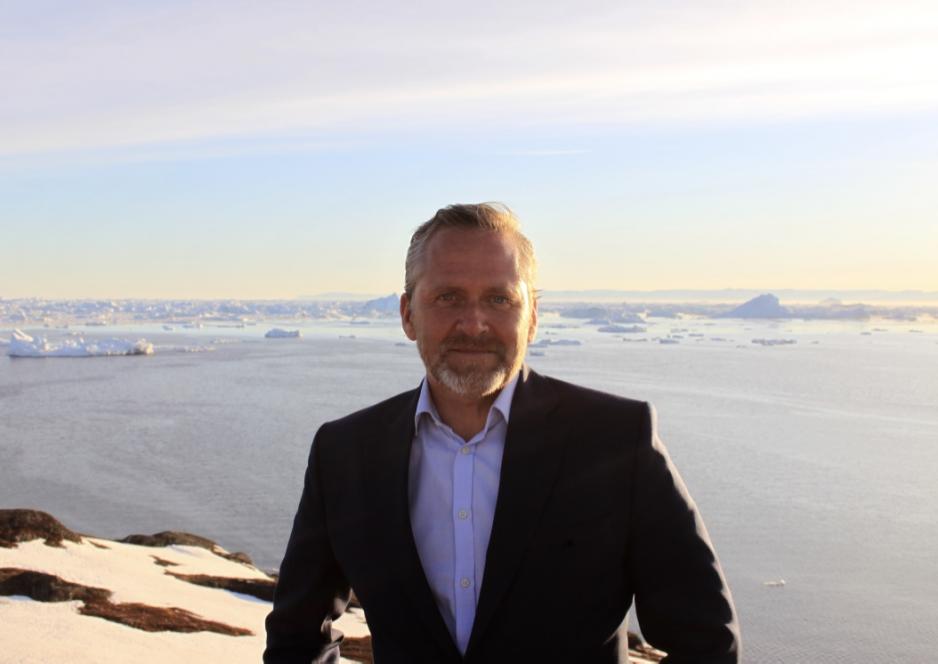Denmark’s Minister of Foreign Affairs: The Ilulissat Declaration Exemplifies Constructive Arctic Dialogue

Anders Samuelsen, Denmark’s Minister of Foreign Affairs, is co-hosting the Ilulissat Declaration’s 10-year anniversary. High North News met him for an exclusive interview about the importance of the declaration, the purpose of celebrating the anniversary and about Denmark’s Arctic agenda.
HNN: What is the main purpose of celebrating the Ilulissat Declaration’s 10-year anniversary?
Samuelsen: To maintain the Arctic as a low-tension area with focus on development with respect for the local citizens while providing them with opportunities for growth and employment. They should live their lives as they wish. At the same time, it is important to maintain the constructive communication between the Arctic countries.
HNN: How can Denmark use this event to position itself on the Arctic agenda?
Samuelsen: The Kingdom of Denmark is constructive and contributes to every Arctic event we participate in. We lead as a good example – and that’s what matters. In relation to Russia – which is a special case – a cooperation such as this one is a good example of the two-string strategy, where we – on the one hand – have an undisguised conflict, while we – on the other hand – seek a meaningful dialogue. To do it here, makes a lot of sense.
HNN: Why are Iceland, Finland and Sweden invited to the 10-year anniversary when they were not welcome in 2008?
Samuelsen: They also have interests in this area. Even though the area is enormous it is also closely connected. That’s why we think it is natural to involve them in these conversations.
HNN: Why, then, is the Arctic Council not (co-)hosting the anniversary?
Samuelsen: There are different initiatives. A few weeks ago, I attended the Arctic Circle Forum on the Faroe Islands, which was a great arrangement. This is just yet another initiative.
HNN: What do you see as the biggest potential and the biggest threat in the Arctic?
Samuelsen: As demonstrated today, tourism holds an obvious potential. Mining is another opportunity, but we are still not certain of the exact boundaries in that respect. Science is also an obvious topic, while new transportation routes – emerging as a consequence of global warming – is also an opportunity. On the one hand, it is an opportunity, while it on the other hand also represents an increased vulnerability.
HNN: And what about military security wise?
Samuelsen: It is – as I’ve said – one of those places where the Russians are active. We need to have an open-hearted dialogue about this.
HNN: Naalakkersuisut’s (the Government of Greenland) new coalition agreement states that Greenland should have its own seat in the UN, own membership of NATO and use its own flag at the Olympic Games. Are these ambitions realistic in your view?
Samuelsen: No comments. I have read the new agreement – and I hope and believe in a good and constructive dialogue. Also with Motzfeldt.
